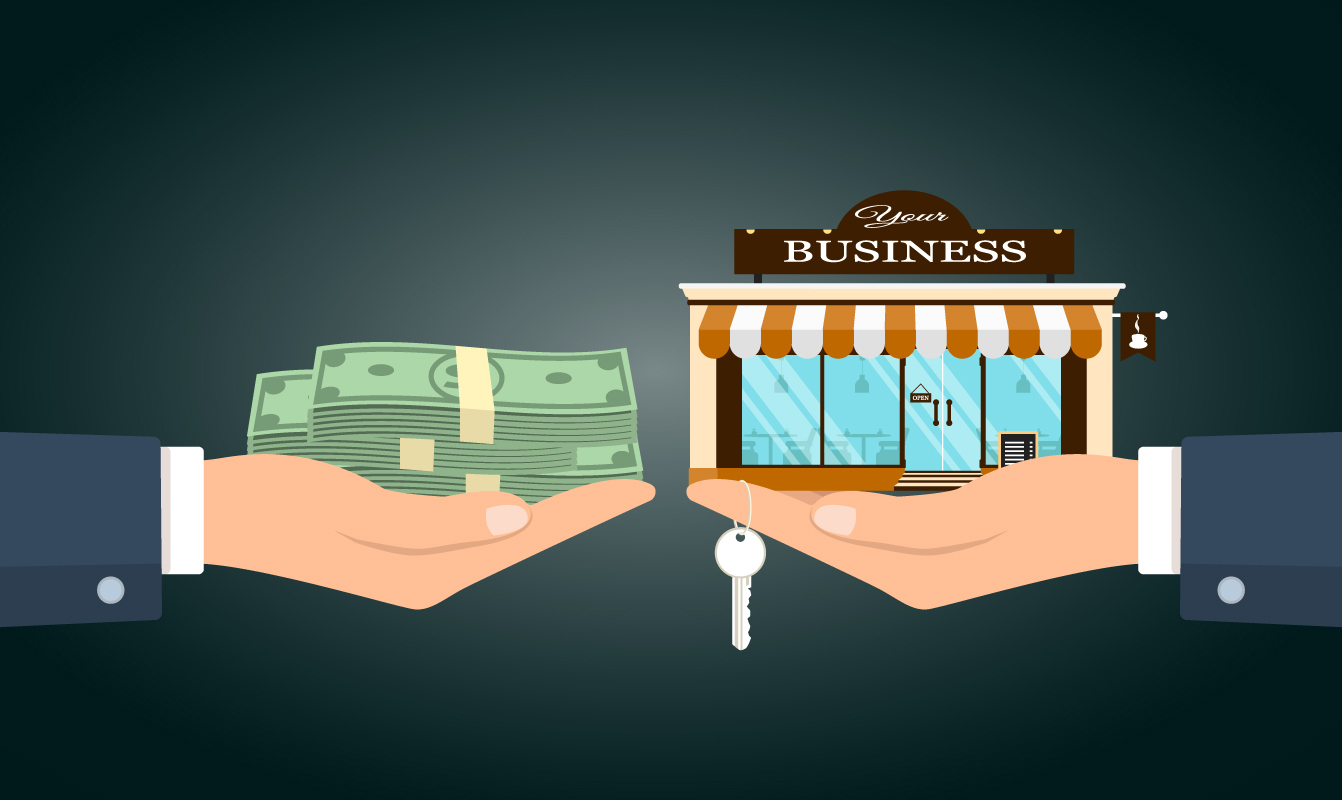When you sell a small business, a farm property or a fishing property for a profit, the lifetime capital gains exemption (LCGE) allows you to avoid having to pay taxes on all or part of the profit that you’ve earned from the sale. In fact, the LCGE offers one of the best benefits in Canada from a tax perspective.
Understanding the Lifetime Capital Gains Exemption
The LCGE offers significant tax benefits to individuals who are selling a qualifying business, farm or fishing property. To maximize the benefits of the exemption, you first need to make sure that your sale is eligible.
As a starting point, if you haven’t yet done so and are considering a sale, you should consult with a tax professional that you trust BEFORE the sale. This way you can determine if you’re eligible or not. If you’re not, there may be changes that you can make to qualify, although that may require a longer holding period which may not be in the cards for you.
As a starting point, here is what you need to consider. At the very least, you can use this as a foundation to make sure you have a handle on what qualifies. This will help you when meeting with sellers or with a tax professional.
Qualifying Properties for the Lifetime Capital Gains Exemption
To qualify for the LCGE, the property being sold must meet specific criteria set by the Canada Revenue Agency (CRA). These criteria include:
- Qualified Small Business Corporation Shares (QSBCS): Shares must be of a Canadian Controlled Private Corporation (CCPC) primarily engaged in active business conducted primarily in Canada. At least 90% of the asset value of the corporation must be used in active business activities in Canada immediately before the sale.
- Qualified Farm Property: This includes land, buildings, and equipment used in farming in Canada that the individual, their spouse, or their children have been actively engaged in. The property must have been used primarily in farming activities, and at least 50% of their gross income must come from farming.
- Qualified Fishing Property: Similar to farm property, this includes property such as boats and fishing gear used in a fishing business in Canada. The individual, their spouse, or children should have been actively engaged in the fishing business.
Ownership Requirements for the LCGE
The ownership requirement ensures that the exemption is targeted towards longer-term investments in qualifying properties. The key elements include:
- Minimum Holding Period: The property must be owned for at least 24 months before it is disposed of. This holding period is important to establish a pattern of sustained investment, qualifying the gain as a capital gain rather than business income.
- Consistency of Ownership: Throughout the 24-month period, the property should be held by the same owner or within the same family. Any change in ownership could reset the qualification period unless the transfer is between immediate family members under specific conditions.
Use Requirements for the LCGE
Active use of the property in a qualifying business is essential to claim the exemption. This requirement ensures that the LCGE supports active economic contributions rather than merely holding investments. The details include:
- Active Business Use: For QSBCS, at least 50% of the corporation’s assets must be used in an active business carried on primarily in Canada throughout the 24 months preceding the sale. If the corporation’s shares are sold, this percentage increases to 90% immediately before the sale.
- Personal Involvement: The individual claiming the exemption, or their family, must be actively involved in the business operations. This involvement can be managerial, operational, or a combination of both.
- Proof of Usage: Documented evidence of the use of the property in the qualifying business activities is necessary to satisfy CRA requirements during audits or assessments. This documentation can include financial statements, asset listings, and operational records.
By meeting these requirements, you can maximize the amount of money that you put in your jeans after a sale thanks to the LCGE.
As a reminder and due to the complexity of tax laws and the potential for significant tax savings, consulting with a tax professional is highly recommended. They can provide guidance tailored to your specific situation and help you navigate the requirements and paperwork. It is best to consult with a professional BEFORE the sale process in case you are able to restructure things to make your upcoming sale eligible for the LCGE.
Maximizing Your Tax Benefits with the LCGE
Utilizing the LCGE can lead to substantial tax savings, potentially exempting up to $1,250,000 of capital gains on qualified small business or for qualified farm or fishing property. This exemption not only aids in reducing your tax liability but also maximizes the profits from the sale of your property.
Planning for the Future
Long-term planning is vital when considering taking advantage of the LCGE. Business owners, farmers, and fishermen should consider the implications of the exemption in their retirement planning and estate strategies. This can include structuring the ownership of the property to qualify for the exemption and planning for the sale at a time when it can be most beneficial tax-wise.
Outside of the obvious tax benefits, the LCGE encourages entrepreneurial activities by easing the tax burdens associated with selling business assets. By understanding and utilizing the LCGE, you can significantly enhance your financial outcomes from the sale of qualifying properties.
For more great personal finance content from the Modern Money team, click here.

